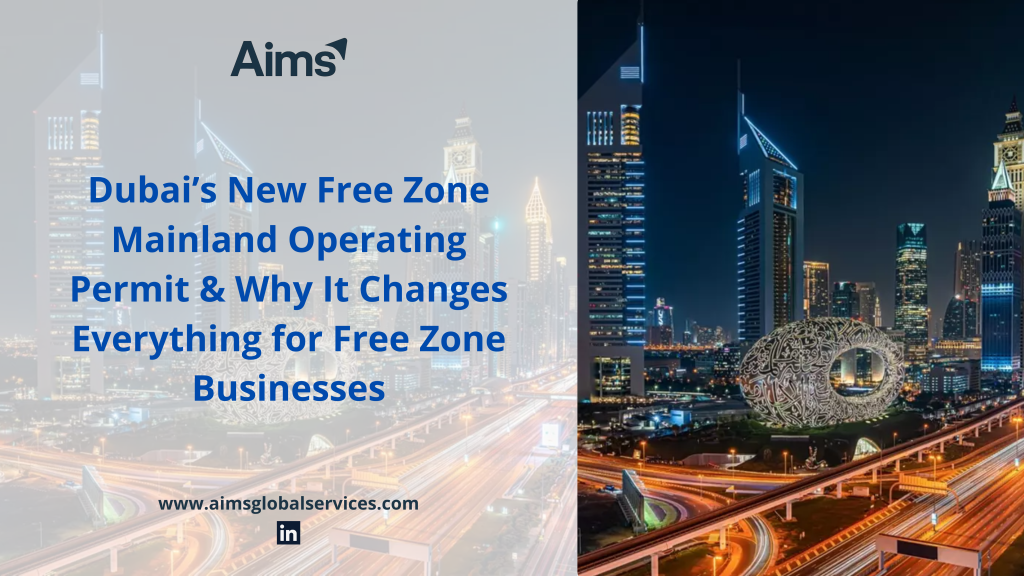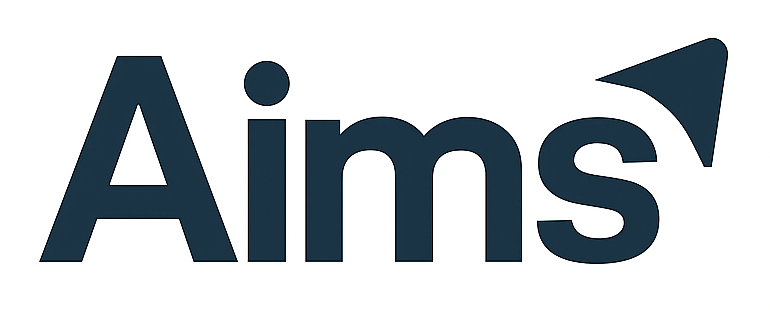
Last week, Dubai took a leap forward in its mission to be the world’s most business-ready city. The recently launched Free Zone Mainland Operating Permit (Executive Council Decision No. 11 of 2025) ushers in a new model — one that dissolves old boundaries between free zones and the mainland, paving the way for thousands of companies to expand their reach, simplify operations, and unlock untapped opportunity.
What’s New
– Free zone firms holding a Dubai Unified Licence (DUL) can digitally apply via Invest in Dubai to operate in the mainland without establishing a second license.
– Access to government tenders, public contracts, and domestic trade is now on the table.
– Initial roll-out is for non-regulated sectors — think tech, design, consultancy, trading. Regulated fields to follow.
– Permit lasts six months, costs AED 5,000, renewable; you can use your existing staff for mainland work.
– Financially, mainland‐derived revenue under the permit is taxed at 9%, and you’ll need separate accounting for that side of operations.
Why It Matters?
For years, Free zone companies have long enjoyed tax perks and global access but faced hurdles entering Dubai’s local market without a costly mainland setup. The new permit removes that barrier, giving SMEs, startups, and consultancies a simpler path to compete and grow locally.
What to Watch
– Compliance & Financial Systems: If you’re going to earn revenue from mainland operations, you need systems that can track and separate those revenues cleanly. Audit trails, transparent accounting, clarity between free zone vs mainland income.
– Strategic Planning: Know your sector. If you’re in a non‐regulated sector, great — start evaluating potential new contracts, adapt marketing and operations. If you are in a regulated sector, watch for when the permit expands.
– Pricing & Contracts: Mainland operations might have different cost bases (rent, utilities, labour, regulatory costs). You’ll need to factor in the 9% tax, potentially different compliance burdens. Your pricing and contract terms will need to reflect that.
– Competitive Landscape: Mainland incumbents (businesses already operating under mainland licences) may now see more competition from free zone firms stepping in. The playing field changes, so positioning, service, price, quality will all matter more.
What This Means for the Future
Dubai’s move here is not incremental — it’s structural. The boundaries between free zone and mainland are blurring. Such integration promotes fluidity in the business ecosystem, innovation, cross-jurisdiction operations, and ultimately strengthens the overall economic fabric.
Nevertheless, Dubai’s new Free Zone Mainland Operating Permit marks a pivotal shift — a door opening for free zone businesses to access the mainland market. To seize this opportunity, companies must move strategically: strengthen financial systems, refine strategy, and realign value propositions.
